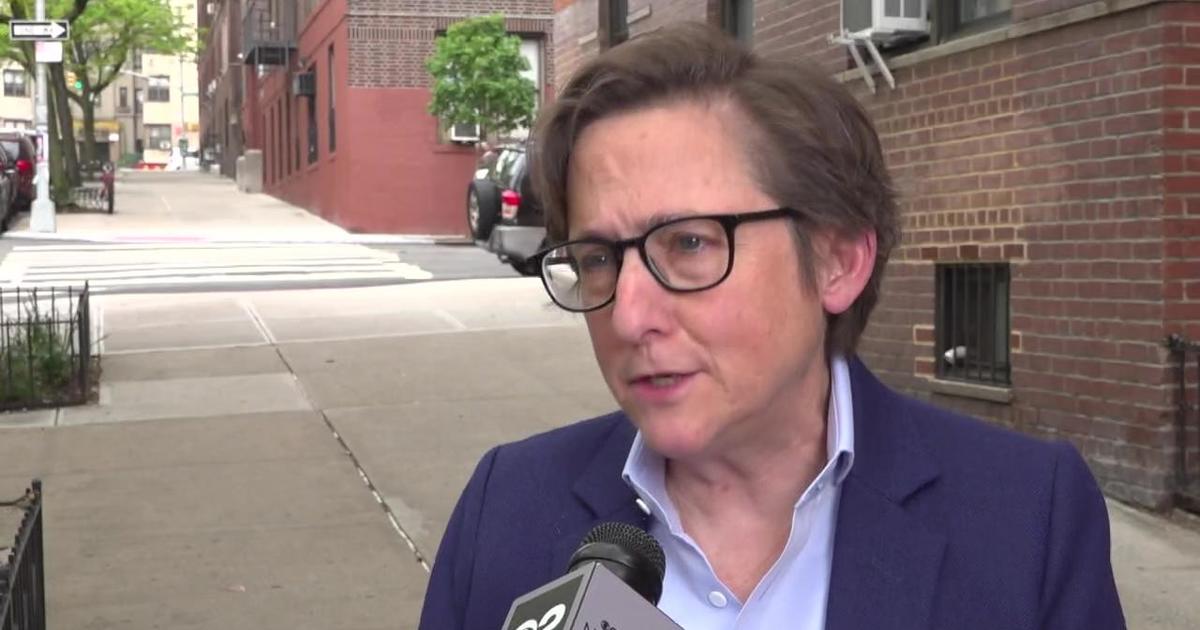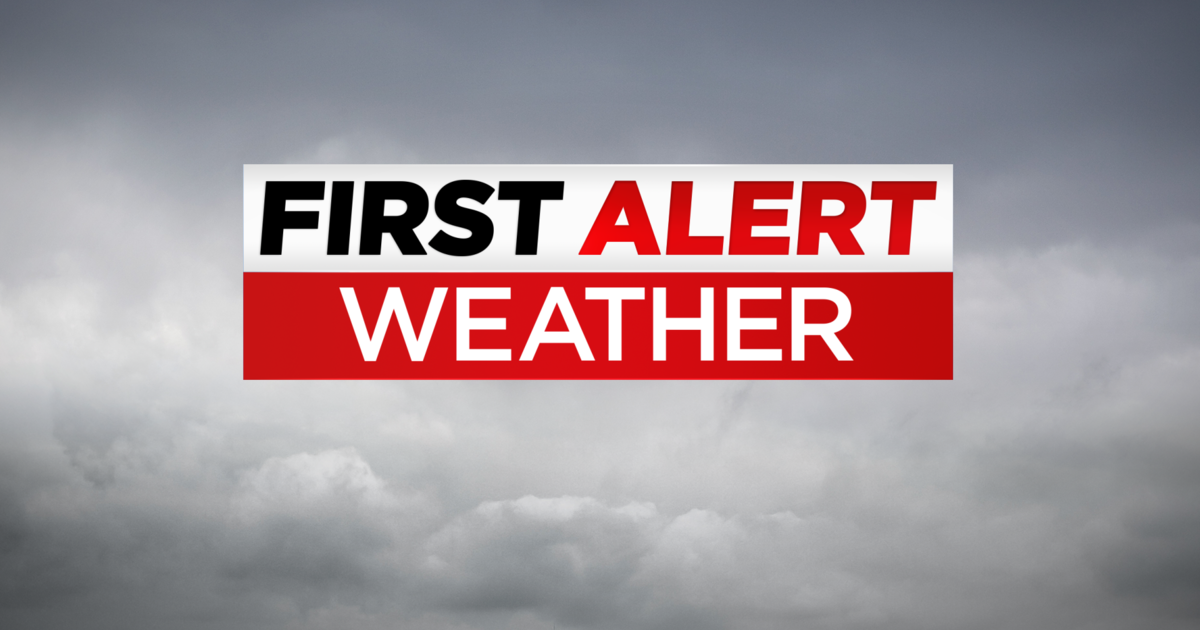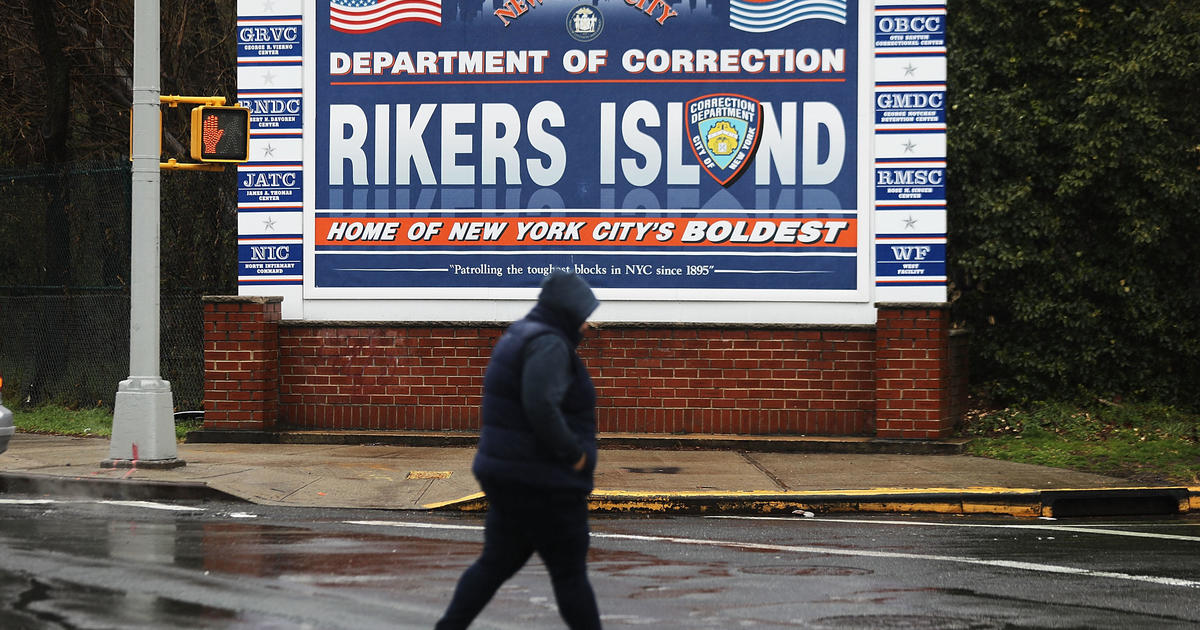New York City's Chief Climate Officer Rohit Aggarwala discusses challenges ahead
NEW YORK - A new city position puts one person in charge of overseeing the citywide effort to address climate.
In recognition of Earth Day, CBS2's Vanessa Murdock met up with the chief climate officer to talk top priorities.
Week nine in his new role and Chief Climate Officer Rohit Aggarwala recognizes the task of preparing New York City to weather climate change remains monumental.
"On a scale of 1-10, 10 being we're absolutely ready, how ready is New York City today to tackle the climate challenges of the future?" Murdock asked.
"I don't know. At best, we're a four or five," Aggarwala said.
Aggarwala says the city – with fierce dedication to environmental justice - must make plans on two time scales, short and long term to reach these goals: 40% citywide reduction in greenhouse gas emissions by 2030, 80% reduction by 2050.
"The climate is changing faster than our infrastructure can change," Aggarwala said.
Still, many changes in the works will make a dent.
A top priority is to help the city's largest buildings get on board with local law 97, which caps carbon emissions and encourages decarbonization.
"That means convert their heating and cooling to electricity," Aggarwala said. "The other part of what we have to do is fix our transportation system."
The current administration favors congestion pricing, plans to invest in transit – surface and subway – and hopes to promote the cleanest commutes – cycling and walking.
"Finally, we've got to deal with our waste," Aggarwala said.
That means cleaning up streets and keeping trash out of the sewers. City officials hope several announcements made this week will put a dent in the problem: A return to two-day a week alternate side parking, micromobility operation machines – or MOMs – to sweep bike lanes and a clean curb pilot program boasting containerized waste bins.
On the longer time scale, solutions for storm water runoff and handling extreme heat come into focus.
"We can't rebuild every sewer. It would cost $100 billion. We'd have to tear up every street in the New York," Aggarwala said.
Crafting more spaces to absorb storm water is the key here, along with rain gardens and catch basins. When it comes to extreme heat, it's more deadly for New Yorkers than flooding.
"We've got to think strategically about expanding the number of trees, having reflective rooftops," Aggarwala said.
And above all else?
"How do we figure out how to protect people's lives? How do we figure out how to minimize property damage?" Aggarwala said.
in real-time, as extreme weather unfolds across the city, Aggarwalla says multiple city agencies work now to answer those critical questions.
By 2027, every school and police precinct in the city will be powered by renewable energy, Aggarwala said. The sources: Wind power from central New York and hydro power from Quebec sent straight to New York City through renewable power lines.




